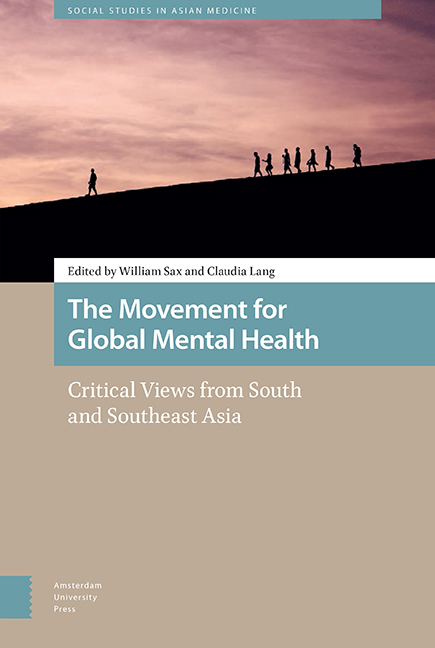10 - Global Mental Health: Love and Justice
Published online by Cambridge University Press: 27 May 2021
Summary
This volume brings together various arguments and authors from across the world, spanning different methods and disciplines, from anthropology, sociology, and history to public health and clinical psychiatry. Such diversity allows for different levels of argumentation – empirical, methodological, moral, epistemological, ontological, and political – as well as varied styles: from radical to moderate, from polemical to sober, from overviews to detailed analyses. It goes without saying that not all of these arguments are consistent with each other; some abide by and some argue against a division of labour in academia, some assume and some question radical alterity, some teach the importance of learning, and there are arguments for both diversity and universality, love and justice.
The papers nevertheless share a common thread: they all take issue with the Movement for Global Mental Health (henceforth MGMH). The MGMH consists of those psychiatrists and psychologists, academic and government agencies, public health professionals and policy makers that jointly and explicitly aim at closing “the treatment gap for people living with mental disorders worldwide” (Patel et al. 2011). No representatives or advocates of this movement are included in the volume. Rather, its authors examine the main aims of the MGMH, as well as its justifications, from a social science perspective. And they often do so in ways that question the very nature of this movement as one primarily concerned with global mental health.
This afterword recapitulates some of the respective arguments by setting a question mark behind all three terms of the movement's designation (Global? Mental? Health?) as well as its main justification (Treatment Gap?). Against this background, it further discusses more fundamental issues at stake, issues that are located in the philosophy of science and related to distinctive political agendas and the division of labour between academic disciplines and the relationship between diversity and universality, love and justice.
Global?
In what sense is the MGMH global? Many papers in this volume argue that the interventions and therapies the MGMH proposes originate in the disciplines of psychology and psychiatry. The introduction speaks of a “reflexive and self-confirming loop” where mental disorders are “defined primarily in terms of western psychiatric nosology, for which only biomedical, or biomedically-approved, therapies are considered” (xxx).
- Type
- Chapter
- Information
- The Movement for Global Mental HealthCritical Views from South and Southeast Asia, pp. 303 - 314Publisher: Amsterdam University PressPrint publication year: 2021



